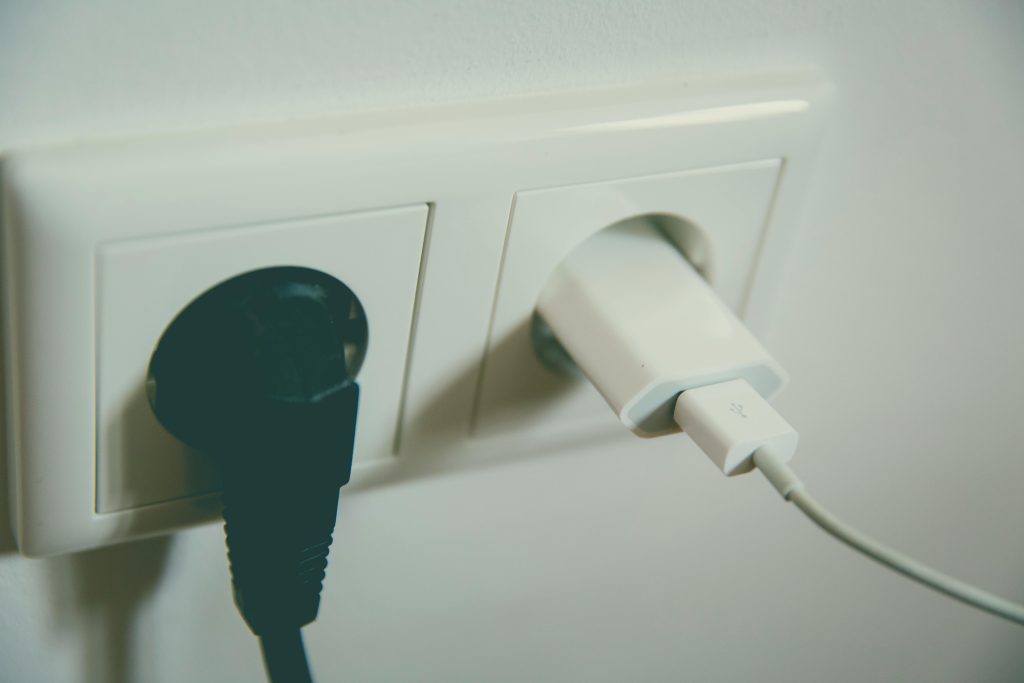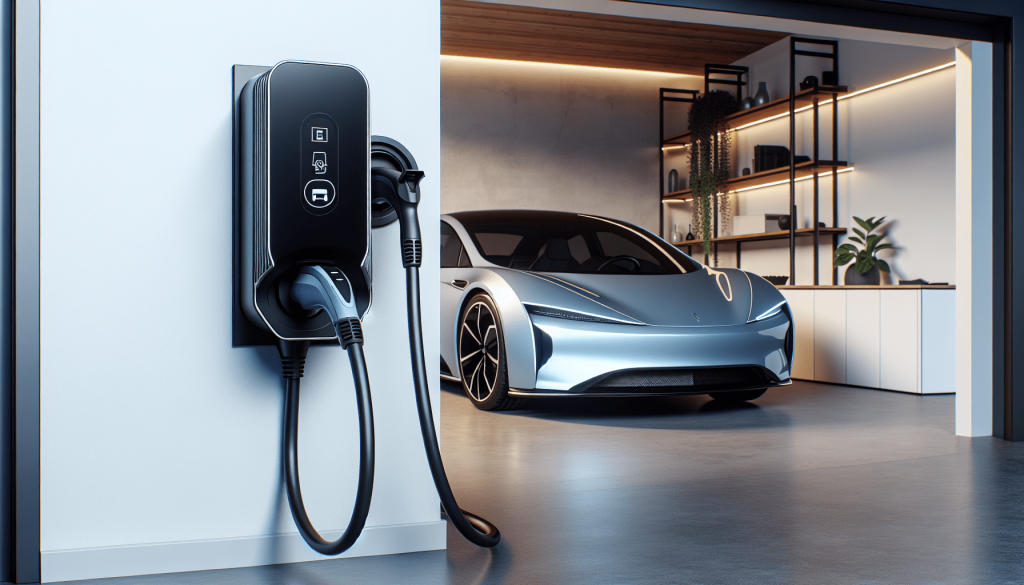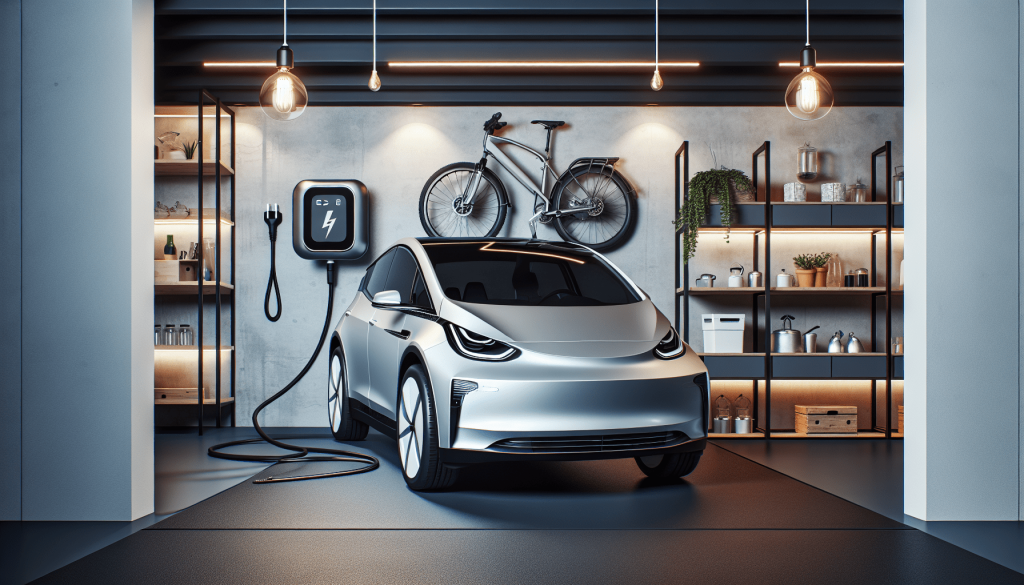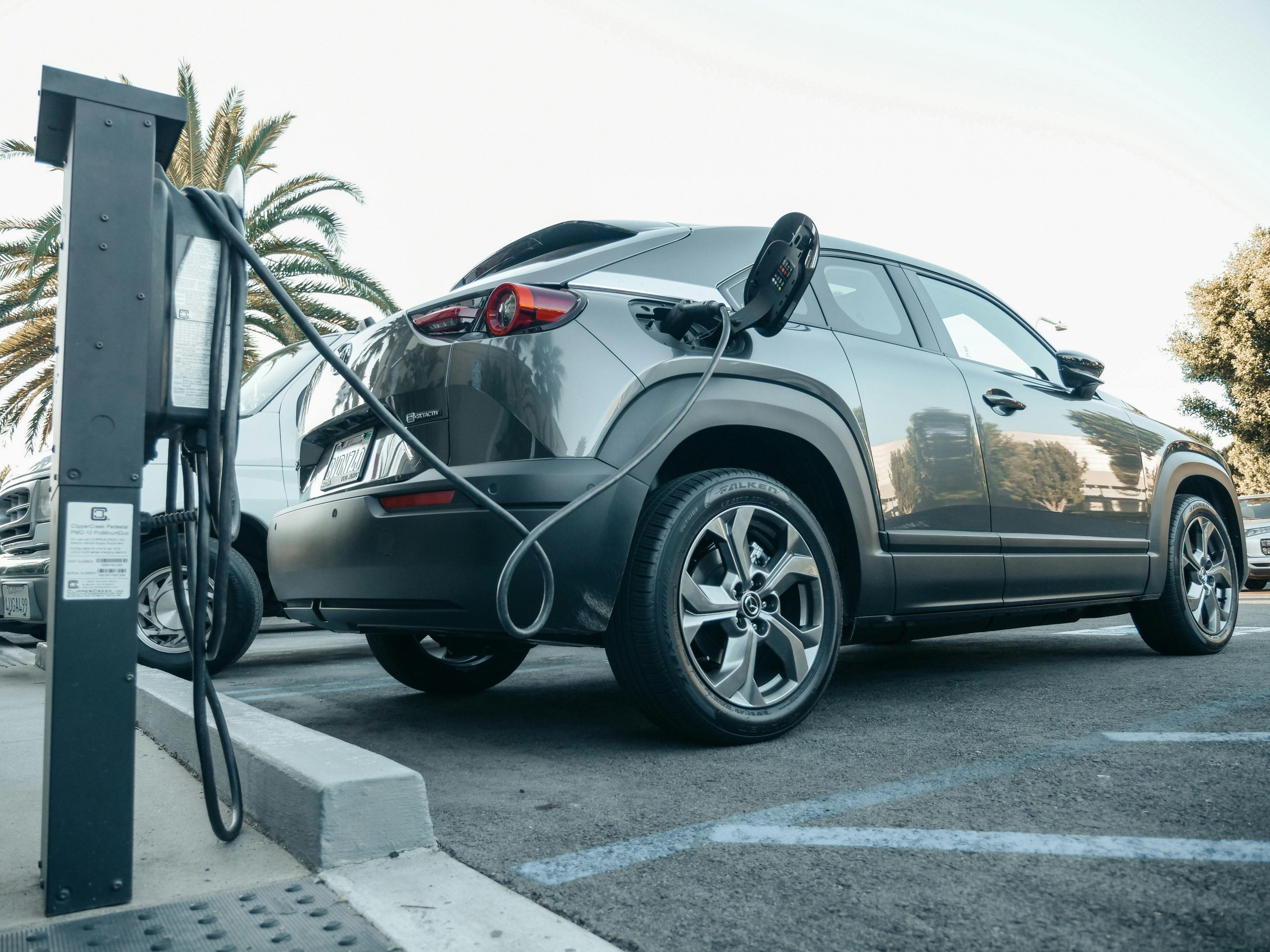In “The Ultimate Guide to Finding the Best EV Chargers for Your Home,” you’ll discover everything you need to know to make an informed decision on the perfect electric vehicle charger for your household.
This thorough guide covers essential features, types of chargers, installation tips, and even cost considerations, ensuring you have all the knowledge to keep your EV charged and ready.
Whether you’re new to electric vehicles or looking to upgrade, this guide provides clear, friendly advice to help you navigate your options with confidence.
Dive in and find the charger that best fits your lifestyle and needs!
The Ultimate Guide to Finding the Best EV Chargers for Your Home
Not sure how to choose the best EV charger for your home?
As electric vehicles (EVs) continue to rise in popularity, having a reliable and efficient EV charger at home is becoming more of a necessity.
This guide will walk you through everything you need to know to make an informed decision. We’ll cover different types of chargers, important features, installation tips, and more!
Understanding EV Chargers
Before diving into the specifics, let’s first understand what an EV charger is and how it works.
What is an EV Charger?
An EV charger is a device that supplies electric energy to recharge the battery of an electric vehicle. There are various types and levels of chargers, each differing in their speed and power delivery.
Types of EV Chargers
There are three primary types of EV chargers:
- Level 1 Chargers: Provide a slow charge and use a standard 120V outlet.
- Level 2 Chargers: Offers a faster charge using a 240V outlet.
- DC Fast Chargers (Level 3): The quickest chargers, typically used in commercial settings.
Why Home EV Chargers are Essential
Having an EV charger at home provides the convenience of charging your vehicle overnight, ensuring that it’s ready whenever you need it. Furthermore, a home charger can be more cost-effective in the long run compared to public charging stations.
Choosing the Right EV Charger
Selecting the right EV charger involves considering several factors. Let’s break it down.
Charging Speed
Charging speed is one of the critical considerations when choosing an EV charger.
| Charger Type | Voltage | Average Charging Time |
|---|---|---|
| Level 1 | 120V | 8-12 hours (for 100 miles) |
| Level 2 | 240V | 4-6 hours (for 100 miles) |
| DC Fast | 400-900V | 30 mins (for 100 miles) |
Compatibility with Your EV
Ensure the charger is compatible with your electric vehicle. While most EVs support Level 2 chargers, always check the specific requirements and recommendations from your vehicle’s manufacturer.
Power Supply in Your Home
Your home’s electrical system needs to support the charger you choose. Level 2 chargers, for instance, require a 240V outlet, which might necessitate an electrical upgrade. Always consult with a certified electrician to verify this.
Smart Features
Many modern EV chargers come with smart features, allowing you to monitor and control charging via a smartphone app. Features to look out for include:
- Scheduled Charging: Set times to charge your vehicle, e.g., during off-peak hours to save on electricity costs.
- Real-Time Monitoring: Keep track of your charging status and energy consumption.
- Remote Start and Stop: Control the charger from anywhere.
Installation Considerations
Installing an EV charger at home involves more than just plugging it in. Here are some key considerations.
Location
Where you install your charger is important for both convenience and safety. Ideally, it should be located in a garage or a covered area to protect it from weather elements.
Electrical Capacity
Ensure your home’s electrical system can handle the additional load. You might need a dedicated circuit for the charger, which will likely require professional installation.
Professional Installation
Speaking of professionals, hiring a licensed electrician for installation is strongly recommended. Not only does this ensure safety, but it also guarantees that your charger is installed correctly and efficiently.
Cost Analysis
Understanding the cost implications can help you budget better.
Upfront Costs
The cost of an EV charger can range from $300 for a basic Level 1 charger to $2,000 or more for advanced Level 2 chargers with smart features. Installation costs also vary, depending on the complexity of the job.
Operational Costs
Once installed, operational costs primarily include electricity consumption. Charging your vehicle during off-peak hours can save money, and some utility companies offer special rates for EV owners.
Incentives and Rebates
Don’t forget to look into incentives and rebates offered by federal, state, or local governments. These can significantly offset your initial costs. Utility companies sometimes offer additional discounts or rebates.
Top EV Charger Brands
Here are some of the top EV charger brands known for their reliability, performance, and customer satisfaction.
ChargePoint
Key Features:
- Smart charging features
- Wi-Fi connectivity
- Compatibility with most EVs
Pros: High quality, extensive network for public charging
Cons: Higher price point
Tesla Wall Connector
Key Features:
- High charging speed
- Sleek design
- Tesla app integration
Pros: Best for Tesla owners, easy integration
Cons: Limited use with other EVs without an adapter
JuiceBox
Key Features:
- Energy monitoring
- Scheduled charging
- Rugged and outdoor-friendly
Pros: Versatile, robust build
Cons: App interface could be more user-friendly
ClipperCreek
Key Features:
- Durability
- No-frills usage
- Reliable customer service
Pros: Long-lasting, simple
Cons: Lacks smart features
EVBox
Key Features:
- Scalable solutions
- Smart charging capabilities
- Remote access
Pros: Good for both residential and commercial use
Cons: Higher initial cost
Maintenance Tips
Keeping your EV charger in good condition ensures longevity and efficiency.
Regular Inspections
Periodically inspect the charger for any visible wear and tear, and make sure the cables and connections are in good condition.
Software Updates
If your EV charger includes smart features, check for software updates regularly to ensure you’re benefiting from the latest improvements and security features.
Cleanliness
Keep the charger and the surrounding area clean and free from dust and debris. Use a dry cloth to wipe down the charger occasionally.

Upgrading Your EV Charger
As technology advances, you might find the need to upgrade your EV charger. Here are a few signs it may be time for an upgrade:
- Outdated Technology: Older models may lack modern conveniences like smart charging.
- Increased Charging Needs: A newer EV or additional EVs in the household may require faster charging speeds.
- Wear and Tear: Visible signs of aging or wear that affect performance.
READ: J1772 The Standard EV Charging Connector
DIY vs. Professional Installation
Exploring whether you should handle the installation yourself or hire a professional can impact both cost and safety.
DIY Installation
Pros:
- Lower cost
- Increased control over the process
Cons:
- Risk of improper installation
- Potential safety hazards
- Warranty voiding
Professional Installation
Pros:
- Safety ensured
- Electrical standards compliance
- High quality of work
Cons:
- Higher cost
- Need to find a reputable electrician

Safety Considerations
Ensuring your EV charger is safe to use is paramount.
Electrical Safety
- Proper Grounding: Ensure the charger is properly grounded to avoid electrical hazards.
- Surge Protection: Invest in a surge protection device to shield your charger from electrical surges.
User Safety
- Dry Hands: Always ensure your hands are dry before handling the charger.
- Proper Storage: Store cables neatly to prevent tripping hazards.
Narratives from EV Owners
Real-life experiences can provide invaluable insights. Here are a few anecdotes from EV owners about their own EV charger journeys:
Jane’s First EV Charger
Jane, a first-time EV owner, initially went for a Level 1 charger for her Nissan Leaf. However, after experiencing the slow charging speeds, she upgraded to a Level 2 charger.
The faster charging times made a significant difference in her daily routine, allowing her to travel longer distances without worry.
Mark’s Ubiquitous Charger Setup
Mark owns both a Tesla Model 3 and a BMW i3. He opted for the JuiceBox Pro 40 for its versatility and ability to charge multiple vehicle brands.
The smart features allow him to monitor both vehicles’ charging statuses from his smartphone seamlessly.
Sarah and John’s Dual Charger Solution
Sarah and John have two EVs and decided to install two ClipperCreek chargers in their garage.
Their rationale was the brand’s reliability, and they appreciated the simplicity and durability, especially since they weren’t interested in smart features.

Future of Home EV Charging
Looking ahead, the future of home EV charging looks promising with technological advancements.
Wireless Charging
Emerging technologies are suggesting a future where you could charge your car wirelessly. This would involve parking over a pad that wirelessly transmits power to your EV.
Solar-Powered Chargers
As solar technology becomes more affordable, integrating EV chargers with home solar panels could significantly reduce operational costs and environmental impact.
Bi-Directional Charging
Bi-directional chargers allow not only for charging your EV but also for using your EV battery to power your home. This technology can be particularly useful during power outages.
Conclusion
Choosing the best EV charger for your home can dramatically enhance your electric vehicle ownership experience.
From understanding the types of chargers, considering installation and operational costs, to exploring top brands and future technologies, there are multiple facets to consider.
By following this ultimate guide, you’re well on your way to finding the perfect EV charger that fits your lifestyle and needs.
Feel free to reach out with any questions or share your experiences—we’d love to hear from you!










